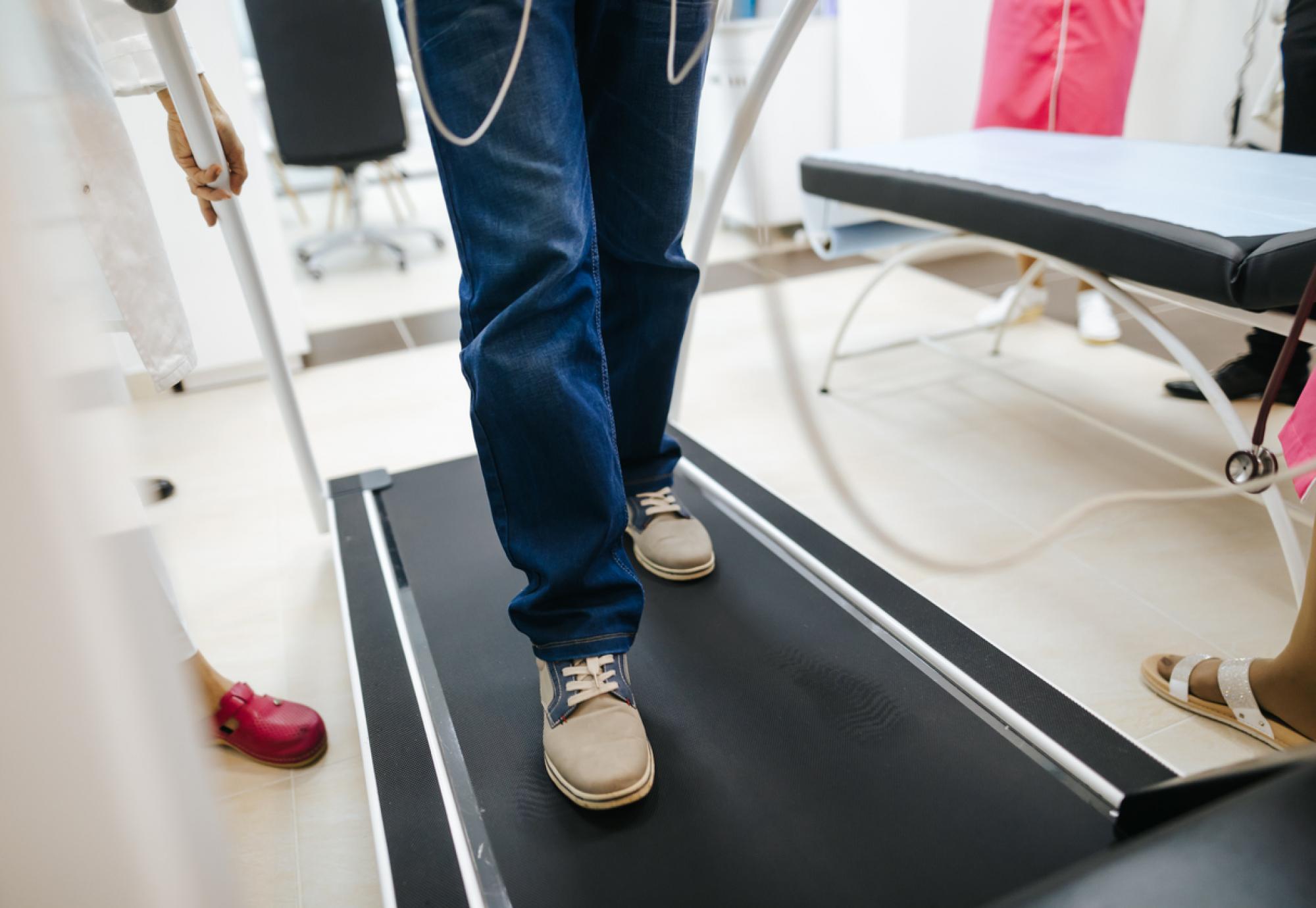Over 12,400 fewer people have participated in cardiac rehabilitation programmes since the pandemic began.
The report from the National Audit of Cardiac Rehab (NACR) showed a large fall in ethnic minority groups receiving aftercare, where 11 percent fewer patients took up cardiac rehab in 2020 compared to 2019.
Professor Patrick Doherty, Director of the NACR report, said: “It’s hugely important that everyone who needs cardiac rehab is able to access it. However, these worrying figures show that, once again, people who may need cardiac rehab the most aren’t always attending.
“Now more than ever cardiac rehab needs to be tailored to the individual’s needs and preferences. This includes making sure that everyone who needs it can access it, whether that be in person or online, regardless of their age, gender, ethnicity or socioeconomic background.”
Participation amongst women and men fell, with women falling by six percent and men by eight percent.
During the pandemic nearly 80 percent of the cardiac team across the UK were redeployed to help meet the demand from coronavirus cases within other areas of the NHS. This, alongside suspension of services during Covid-19 has had a hug effect on cardiac rehab.
Around 12 per cent of programmes were stopped during the pandemic due to staff being diverted elsewhere.
British Heart Foundation are calling for a review of how cardiac aftercare is delivered to patients as we move towards a reformed model of home-based rehab. Pre-pandemic home-based programmes only made up 16 per cent of deliver methods, this has not increased to 76 per cent, allowing more people who are particularly vulnerable at this time and who may be sheltering to still take up the aftercare offered but do so in as safer way as possible.
Ruth Goss, Senior Cardiac Nurse at the British Heart Foundation, said: “These findings are further evidence of the significant knock-on impact the pandemic is having on cardiac care. Cardiac rehab is a vital part of recovery for many cardiac patients. Whilst it is a welcome step in the right direction to see innovation that allows those who can receive cardiac rehab in their own home, it is concerning to see such a large overall drop, and that ethnic minority groups appear to face disproportionately reduced access to cardiac rehab.
“The reasons for ongoing inequalities in cardiac rehab are complex, and there are multiple reasons why people aren’t attending. One size does not fit all, and if we want more patients to benefit from cardiac rehab, then we need to make it both easy to access and available in a form useful to patients.”



















